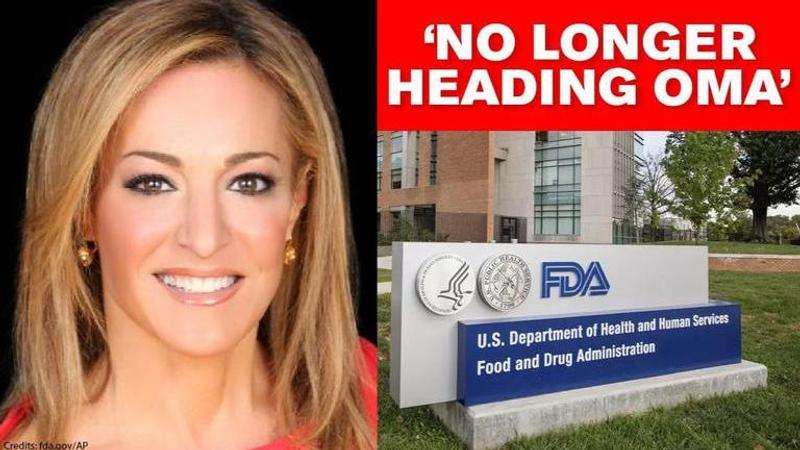Published 15:16 IST, August 30th 2020
FDA ousts spokeswoman for exaggerating plasma therapy benefits for COVID-19 treatment
The US’ Food and drug administration (FDA) has ousted its chief spokeswoman Emily Miller, days after the agency exaggerated the benefits of the experiment.

The United States’ Food and drug administration (FDA) has ousted its chief spokeswoman Emily Miller, days after the agency exaggerated the benefits of experimental COVID therapy. Miller, who joined earlier this month, was apparently sacked due to lack of expertise in health care. According to international media reports, she still as a job at FDA, while the White House, which appointed her, decides her employment status.
Miller removed as OMA head
Before her appointment, Miller had experience in various government positions, stints at conservative media outlets, and work advocating for gun rights, but "little to no health-care experience". An email which was circulated to the employees of FDA revealed that Miller was no longer the head of OMA. While the email thanked the employees for their “hard work”, it also said that the agency was working on alteration of team structure. ,
Meanwhile, FDA Commissioner Stephen Hahn has apologized for exaggerating the benefits of convalescent plasma therapy in the treatment of the critically ill, hospitalized COVID-19 patients. Hahn’s apology comes after a backlash from health experts and medical fraternity regarding President Donald Trump briefing wherein he called the convalescent plasma as “breakthrough” and “life-saving”. Trump’s announcement of its emergency authorization on eve of the RNC has led many to suspect that the move was “politically motivated”. Experts have raised objections on Hahn, overestimating a treatment with no scientific evidence.
“I have been criticized for remarks I made Sunday night about the benefits of convalescent plasma,” Hahn said, taking to his official handle on Twitter. “The criticism is entirely justified. What I should have said better is that the data show a relative risk reduction, not an absolute risk reduction,” Hahn added. According to reports, there haven’t been any substantiated shreds of evidence about the treatment massively curing the coronavirus patients on support and larger risk.
Updated 15:16 IST, August 30th 2020




